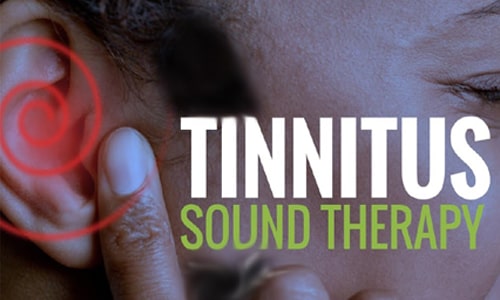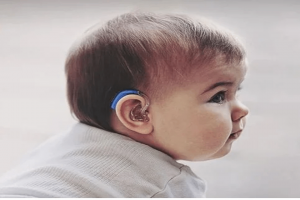How to get started with tinnitus sound therapy

Tinnitus Sound Therapy:
Tinnitus sound therapy is one of the stable treatment options to help victims manage this condition.
How does tinnitus sound therapy work?
Tinnitus sound therapy uses a process known as adjustment to retrain the way the brain interprets tinnitus. Basically, the brain learns to reclassify the unwanted sound as something impartial or slight.
How do I start tinnitus sound therapy?
To get started, doctor endorses people first try taking a free tinnitus app. “The key is to not set volume levels so high that it drowns out the tinnitus sound. You really don’t want to mask it. The goal is to retrain the brain so you need to hear the tinnitus along with the sound that you’re playing in order to help the brain make that connection,” she said.
Consistency and frequency are two other keys for accomplishment. Doctor recommends playing the sound for at least four hours a day as well as while you’re sound asleep.
Hearing aids and other implements for sound therapy
Sound therapy itself isn’t expensive; however, your audiologist also may endorse hearing aids. Hearing aids increase external conservation noise, giving your brain more soundly to process. Getting in more auditory stimulus to the brain can help reduce the insight of tinnitus.
Keep in mind that tinnitus is often an early warning sign that a person has hearing loss. Treating the hearing loss promptly can help minimize tinnitus. Many hearing aids come with tinnitus masking tools built right in, which an audiologist or hearing instrument specialize can program for you.
Who can help from sound therapy?
Almost anyone who is worried by their tinnitus is a good applicant for sound therapy.
“If there is a medical condition contributing to the tinnitus and we can fix it, the tinnitus will go away, doctor said. “If there is no medical condition, anyone who reports their tinnitus to be difficult would be a good applicant for sound therapy.”
Besides hearing loss, tinnitus can be initiated by a host of auditory and health problems, including obstructions in the middle ear, head and neck trauma, temporomandibular joint disorder (TMJ), sinus pressure and barometric trauma, autoimmune disorders, among many other reasons.
Find a tinnitus expert:
If you consider you would benefit from tinnitus sound therapy, make an appointment with your primary doctor or ENT. Once they have ruled out any subsidizing medical conditions, consult an audiologist who concentrates in the treatment of tinnitus.
Sound therapy is an advanced treatment program that is most active when it’s paired with educational therapy. It may takings as long as 2 to 3 months to sign any changes and as much as a year before the tinnitus is no longer visible.








